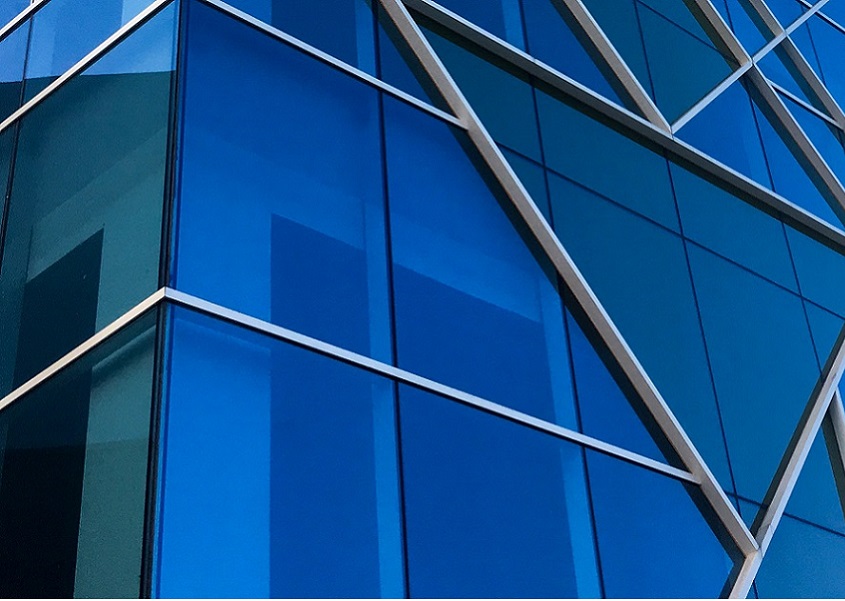Window tinting has become a popular choice for enhancing privacy, style, and comfort in homes, offices, and vehicles. Whether you are looking to reduce glare, protect your privacy, or add a touch of elegance to your space, window tinting offers a multitude of benefits. In this ultimate guide to window tinting, we will explore the various aspects of this versatile technology.
Privacy and Security – One of the primary reasons people opt for window tinting is the enhanced privacy it offers. By adding a tinted film to your windows, you can prevent prying eyes from peering into your home or vehicle. This added layer of security can deter potential intruders and give you peace of mind, particularly in urban or densely populated areas.
 Glare Reduction – Excessive sunlight can be uncomfortable and disrupt your daily activities. Tinted windows effectively reduce glare, making it easier to watch TV, work on a computer, or drive without squinting or straining your eyes. This feature is especially valuable in regions with abundant sunshine.
Glare Reduction – Excessive sunlight can be uncomfortable and disrupt your daily activities. Tinted windows effectively reduce glare, making it easier to watch TV, work on a computer, or drive without squinting or straining your eyes. This feature is especially valuable in regions with abundant sunshine.
Energy Efficiency – Window tinting is not just about aesthetics and privacy it can also improve your energy efficiency. The frosted glass film helps regulate indoor temperatures by blocking out harmful UV rays and reducing heat gain. As a result, you can reduce your reliance on air conditioning and heating systems, saving on energy costs.
UV Protection – Harmful ultraviolet UV rays from the sun can cause fading and damage to your furniture, flooring, and upholstery. Window tinting acts as a shield against these rays, extending the lifespan of your interior furnishings and protecting your skin from UV-related health risks.
Aesthetic Enhancement – Window tinting is not just practical it can also add a touch of elegance and style to your space. There are various tint shades and designs available to complement your home, office, or vehicle. Whether you prefer a classic, subtle look or a bold, unique style, window tinting can be customized to match your preferences.
Window Film Types – Window tinting materials come in different types, such as dyed, metallized, carbon, and ceramic films. Each has its own set of advantages, so it is essential to choose the one that best suits your needs. Dyed films offer a more budget-friendly option, while ceramic films are known for superior heat reduction and UV protection.
Legal Regulations – Before tinting your windows, it is crucial to be aware of local regulations regarding tint darkness and reflectivity. These laws can vary from place to place, so it is essential to ensure you comply with them. Consult with a professional tinting service to ensure your installation meets the legal requirements.
Professional Installation – While DIY window tinting kits are available, it is highly recommended to seek professional installation services. Professionals can provide a clean, even application and ensure that the tinting adheres properly to the glass. This guarantees that you get the full range of benefits and longevity from your window tinting.
Lifespan – The lifespan of window tinting can vary depending on the quality of the film and the installation. High-quality tints can last 10 years or more, providing long-term benefits for your privacy, comfort, and style.